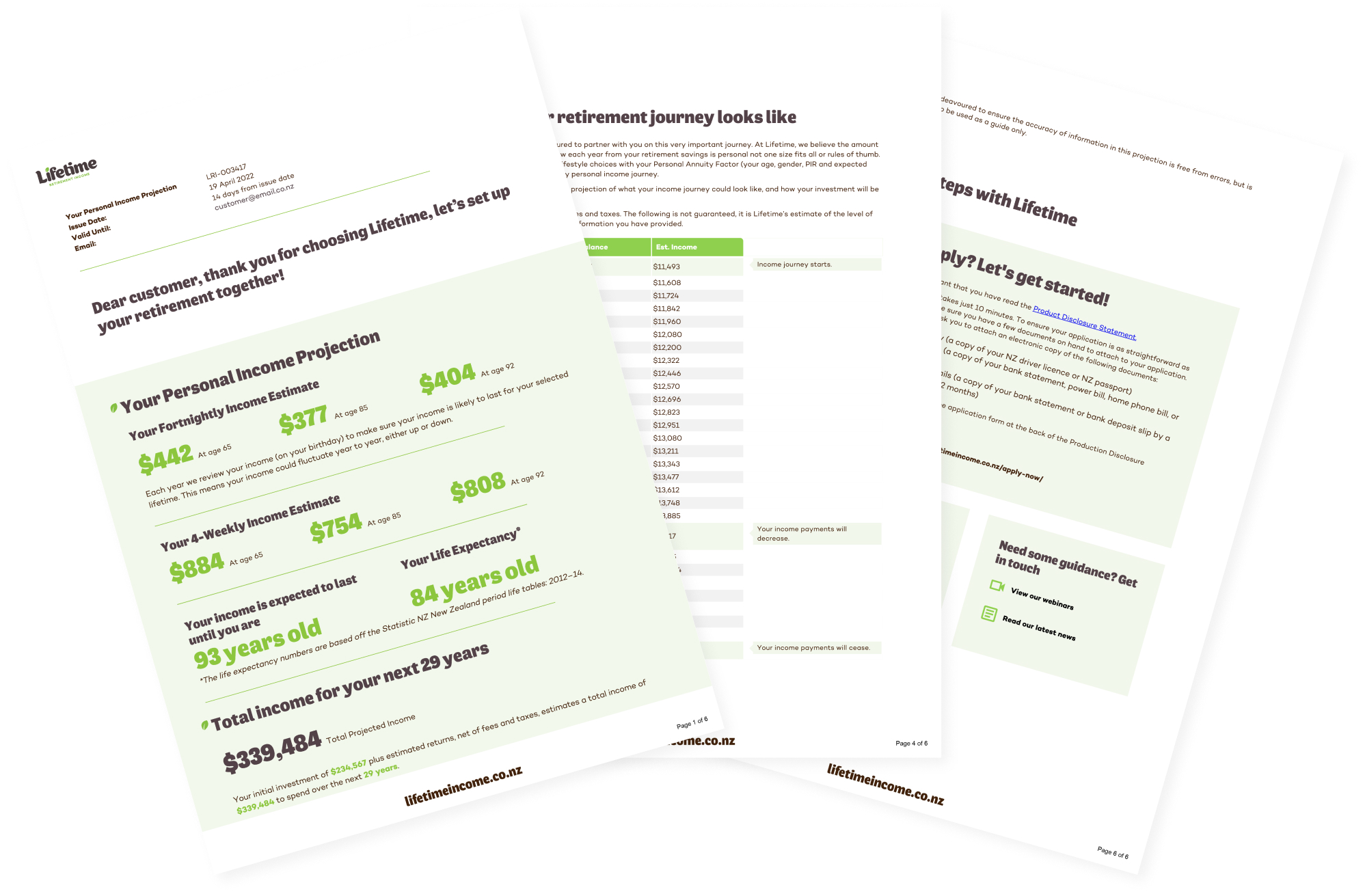Retirement Life
29 October 2025
Working on it: job tips for seniors
More Kiwis are working well past 65, whether by choice or necessity. For some, it’s about keeping up with the rising cost of living, especially as NZ Super alone doesn’t always stretch far enough. For others, it’s the sense of purpose, structure and connection that work brings.
Whatever the reason, older New Zealanders make a huge contribution to the workforce, yet ageism remains a stubborn barrier. While perceptions are changing, and employers are increasingly recognising the value of experience and maturity, many older jobseekers find there are fewer opportunities to land gainful employment than they might’ve been used to at the height of their career.
Here’s how to give yourself the best chance of landing a role that fits.
1. Believe in your value
Start with mindset. Older jobseekers often unintentionally downplay their strengths. Avoid apologetic or “minimising” language. Instead of saying “I just did admin,” say “I managed complex office systems.” Reframe any doubts about age into confidence about experience. You’ve built resilience, judgement and perspective, which are all things employers can’t teach.
How much would you get a fortnight with Lifetime?
2. Showcase your soft skills
Today’s workplaces value emotional intelligence, teamwork and communication, all areas where older workers often excel. Shay Peters, chief executive of Robert Walters NZ & Australia, noted in a recent NZ Herald article that “the real advantage the older generation brings is the ability to influence and manage relationships effectively.” Highlight this in interviews and on your CV, with real examples of when your people skills made a difference.
3. Show you’re adaptable
One of the biggest myths about older workers is that they can’t keep up with technology. Prove otherwise. If you’re comfortable with digital tools, say so. And if not, upskill through short online courses (SeniorNet, or online education providers like the Open Polytechnic or Aspire2 Education are good places to start). Employers want to see curiosity and willingness to learn, especially with AI and other new technologies reshaping how work is done.
Spring Seminar Series:
Take Control of Your Retirement Income
—Discover how you can enhance your retirement income by effectively leveraging your savings and home equity for greater comfort.
4. Tailor your CV and keep it modern
A good CV should tell a focused, up-to-date story. Limit it to two pages and emphasise your most relevant roles from the past 10–15 years. Use strong, active language and industry keywords (many employers now use automated systems to scan applications). Ditch outdated details like landline numbers, early-career jobs or old email domains, and include a brief professional summary instead of a generic “career objective.”
5. Use your network
Not all jobs are advertised. Your professional and personal networks can be a powerful route into the so-called hidden job market. Let people know you’re looking, reconnect with former colleagues, join alumni or professional groups, and stay active on LinkedIn. Often, opportunities come through word of mouth or a trusted referral.
6. Stay flexible
The world of work is changing fast. Contract, part-time, or project-based work can be a great way to test new waters and provide the perfect mix of “you-time” and “work-time” as you ease into retirement. Volunteering is also worthwhile, building skills, confidence and contacts, which can sometimes lead to paid opportunities.
7. Prepare for interviews
These days, interviews often include “behavioural” questions: “Tell me about a time when…” Practice answering with clear, real-world examples that show results. If your interview is online, test the software in advance and check your lighting and background. Little details can reinforce that you’re comfortable with today’s workplace norms.
If you’ve been in leadership roles, reassure employers that you’re happy to “roll up your sleeves”. Some may assume senior candidates won’t want to handle hands-on tasks. Be upfront about your enthusiasm to contribute.
8. Keep your energy and curiosity visible
Employers often worry older candidates may not stick around for long or might lack motivation. Counter that by showing genuine interest in learning and development. Talk about how you’ve adapted to change before, or how you’ve embraced new tools or trends.

9. Look for age-friendly employers
Some organisations actively value multigenerational teams, recognising the benefits of balance and experience. These employers often offer flexible work arrangements, mentorship roles or phased retirement options. When researching potential workplaces, look for clues in their job ads, policies or online culture. Companies with inclusive language and flexible work options are a good sign.
10. Keep learning…and keep looking
Even once you’ve landed a role, stay connected and keep your network warm. The job market shifts quickly, and maintaining relationships makes future transitions smoother. Ongoing learning, whether formal courses, volunteering, or staying across industry news, helps keep you confident and employable.
A new perspective on later-life work
Older Kiwis bring reliability, perspective, and emotional steadiness; qualities in high demand. Research shows employers rate mature workers highly for loyalty, stress management and focus. Far from being a liability, years of experience are an asset that organisations, as well as younger colleagues, can benefit from.
The trick is to make sure employers can see that too. With a proactive attitude, up-to-date skills and a clear sense of your value, you can turn the challenge of working longer into an opportunity, not just to earn, but to keep growing, learning and contributing.
Project your retirement income.

Invest with Lifetime for a retirement income managed for living.


